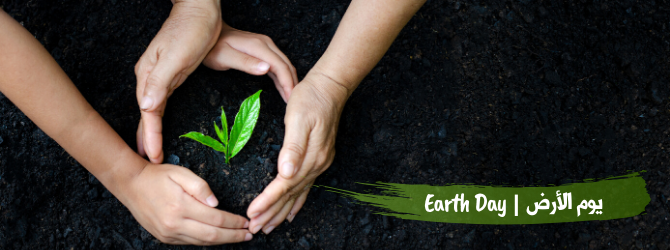-
Learning from Corona: building resilience for the climate ...
Learning from Corona: building resilience for the climate crisis


Learning from Corona: building resilience for the climate crisis
15 organisations from four continents urge everyone to use this moment to prepare earnestly for a crisis we know is going to get much worse: the climate emergency. The coronavirus shows us the vulnerability of global interdependence and that the best protection is resilient and sustainable local communities.
In a crisis, the politically impossible can quickly become the politically inevitable. In recent months, it has become evident how brittle our society is: just-in-time manufacturing, record debt, and increasing precarity mean there is no margin of error. The virus has led to a severe economic downturn that, coupled with xenophobia and layoffs, creates a dangerous cocktail. The impact from the pandemic will be much greater for low-income, houseless, undocumented, or disabled peoples who experience systematic discrimination. Migrants and refugees will suffer. The rich and well- connected will
be protected by easy access to credit and public funds. The same inequality is present in the climate crisis even though it is the emissions of large companies and the wealthy few that are pushing humanity towards disaster.
Since 1938, IM have fought against exploitation, poverty, racism, and inequality. Issues that lie at the heart of the climate crisis. Today, the IM partner ecosystem is a solidarity network that stretches over 15 countries on four continents. The challenges we face are similar despite different contexts, particularly those related to the climate crisis. We defend against corporations that seize land and poison the air and water. We protect land and biodiversity, and help people use water in better ways. We advise and train governments and communities in disaster risk reduction, water management, agricultural techniques and flood prevention. We support communities to become more self-sufficient and prepared for climatic changes. And we fight for equality and against authoritarianism in all its forms.
However, all of this will amount to little if governments do not take the opportunity that corona has provided. Current approaches are too slow and too focused on preserving the status quo. Bold visions are required to imagine a new society based on cooperation that works for ordinary people while respecting the physical boundaries of nature. Rich countries should shoulder most of the burden, both to provide funds for global mitigation and adaptation measures and to slash their unsustainable consumption.
To achieve this we need solidarity, equality, community mobilisation and to use the tools we have available in innovative ways. Broader participation is crucial, women and youth are too often excluded from decision making processes. The goal should be to create resilient societies with a fertile environment for cooperation between state and community that can continue to function as external shocks hit. If food production is secure, we are safer from disruptions in food supply chains; if water is used more efficiently, droughts are more manageable; if people have the capacity to act themselves in times of crisis they are less dependent on governments. Two months ago, there was little hope for a shift in focus away from slightly greener business as usual towards real action. Now, the future is more uncertain. We have been offered a unique opportunity for societal change.
Let’s grasp it...

IM Swedish Development Partner (Sweden)
Red Nacional por la defensa de la Soberania Alimentaria en Guatemala -REDSAG- (Guatemala)
Cooperación Indigena para el Desarrollo Integral -COINDI- (Guatemala)
Asociación de Servicios Comunitarioas de Salud -ASECSA- (Guatemala) Asociación de Cooperación para el Desarrollo Rural de Occidente -CDRO- (Guatemala)
Asociación Nuevo Amanecer de El Salvador -ANADES- (El Salvador)
Asociación Colectiva de Mujeres para el Desarrollo Local -Colectiva Feminista- (El
Salvador)
Fundación de Estudios para la Aplicación del Derecho -FESPAD- (El Salvador) Palestine Hydrology Group (Palestine)
WANA Institute (Jordan)
Arab Women’s Organisation (Jordan)
Churches Action in Relief and Development (Malawi) Simukai Child Protection Programme (Zimbabwe) Indreni Rural Development Centre (Nepal)
Eco-Visio (Moldova)
